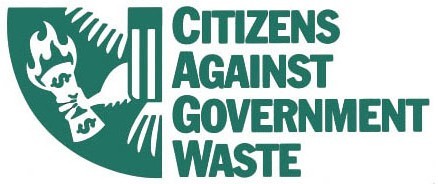CoOportunity Health: Death of health co-op shows federal government can’t manage health system

CoOportunity Health was a Consumer Operated and Oriented Plan, which under ObamaCare was supposed to be a substitute for a government-run plan. It was funded by the Centers for Medicare and Medicaid Services (CMS).
Given the great uncertainty about how many people would enroll and no prior claims data to gauge risk and premium costs correctly, CoOportunity Health’s liabilities exceeded its assets and Iowa’s insurance commissioner asked a court to liquidate it in January. CoOportunity lost $163 million in 2014 and another $4.6 million in January.
“Health care is complicated and health insurance is complicated, and if you’re starting from zero and you don’t really know what you’re going to end up with, this is what happens,” Elizabeth Wright, the director of the Health and Science Division of Citizens Against Government Waste, a nonprofit taxpayer watchdog group, said. “We just think the more government gets involved, the more problems it causes,” she said in an interview.
CoOportunity is not alone. Many co-ops are facing insolvency, Wright said. According to A.M. Best, an insurance rating firm, all but one co-op had reported operating losses in 2014. By the end of 2014, CMS had supplied approximately $2.5 billion in loans for co-ops.
“We would prefer much more of a free market approach - we’ve never really had that - and possibly some tax reform to replace the current tax deduction for employer-based coverage with a tax credit,” Wright said. “We think putting the dollars in the hands of the consumer creates more transparency because the health providers have to respond to them.”










 Alerts Sign-up
Alerts Sign-up